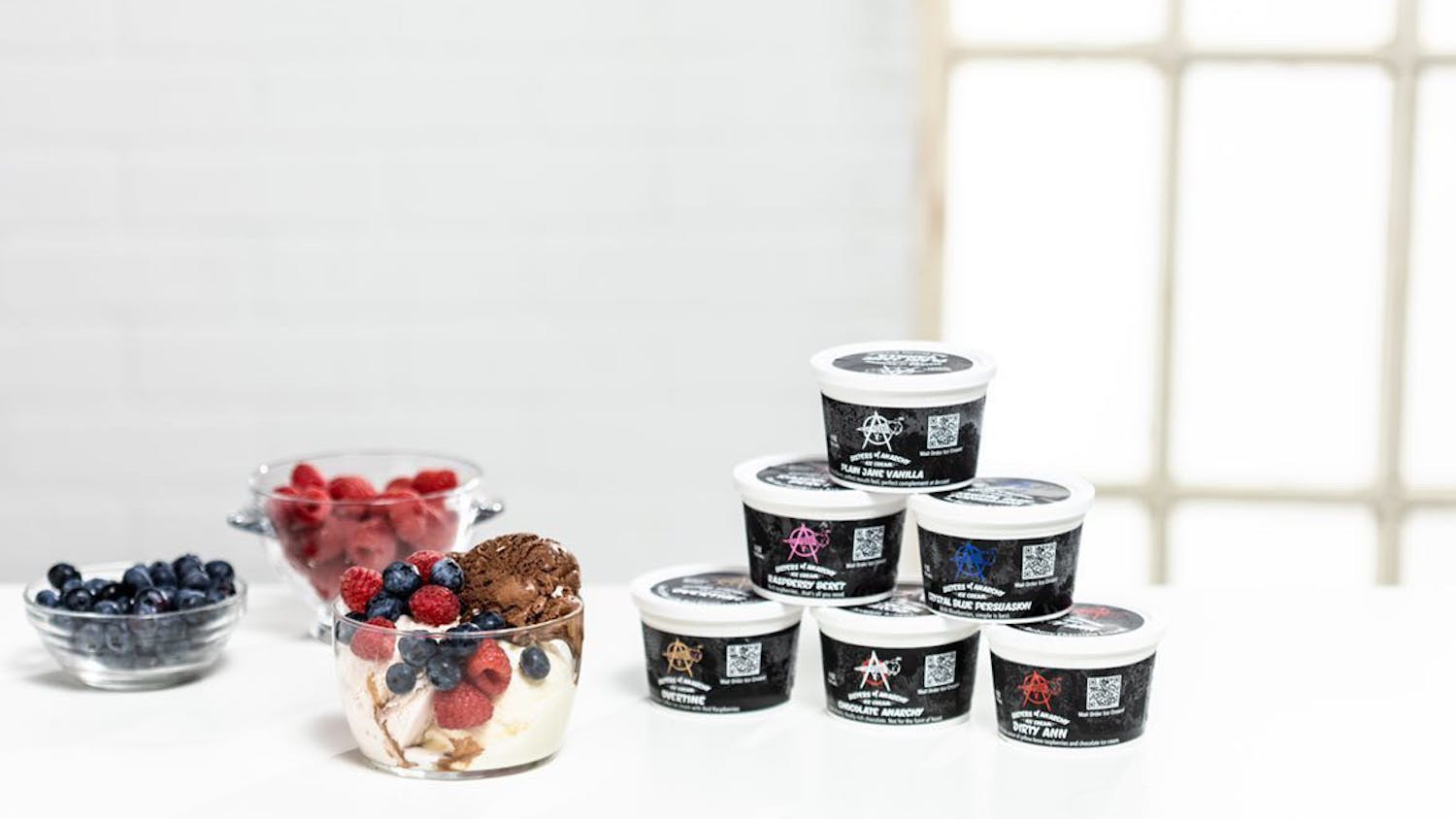When students went to place their Crossroads orders two weeks ago, many left empty handed due to national non-dairy milk shortages. These shortages extended to the dining halls: at Ross, the milk refrigerator was empty, and at Proctor, the fridge housed a lonely carton of soy milk. Only Atwater carried most of its usual non-dairy milk selection.
For Crossroads, the shortages were the worst on Monday, April 11. Crossroads employee Sofia Morris ’25 worked the 6 to 8 p.m. shift that day.
“The only milk we had was soy milk and half-and-half. We were also out of lavender syrup, mango for smoothies and ice cream for milkshakes,” Morris said. “That made the options quite limited, and if you got an espresso drink, you couldn’t even really put milk in it unless you wanted soy milk or half and half.”
The shortages slowed business that evening.
“People would come up and try to start ordering and see the sign that we were out of certain things. They’d keep looking for something they might want that fit the ingredients we had, and sometimes they ordered something,” Morris said.
Michele Young ’22 , back of house manager for Crossroads, said all the college’s retail services order together, but none were receiving non-dairy milks those weeks.
“Anytime we would put in an order for non-dairy milks, the milk just would not arrive. It was really frustrating,” Young said. “There was nothing any of the Middlebury workers could do to prevent it or fix it because it just had something to do with the supplier.”
Some students ordered lattes with half-and-half or soy milk, others ordered berry blaster smoothies, which do not require milk or bananas, but many did not order anything at all, according to Morris. Students asked when the ingredients were coming back, but Crossroads employees didn’t know the answer themselves.
These shortages were particularly frustrating for students who are lactose intolerant, like track athlete Athena Nooney ’25. “Last week, I wanted to get a chai latte with oat milk and they were like, ‘Oh, sorry, we are out of every non-dairy milk,’ so I got regular milk and had some severe tummy troubles on my run,” Nooney said.
Other students got resourceful to avoid changing their orders. Audrey Park ’23, who interns for Dining Services, said she “heard about people bringing their own bananas from Proc to Crossroads.”
The milk shortage was not due to an issue with placing orders but was because of a nation-wide issue. “One thing that I think is hard is that everyone is blaming Middlebury and the dining halls for it but it is due to national milk shortages,” Park said.
Morris said that most students were understanding of these issues..
“Most people were pretty understanding especially because the dining halls didn’t have non-dairy milk, so it wasn’t just a Crossroads problem, it was a national problem.”
Morris was not too concerned about the long-term impact these shortages had on Crossroads as a business.
“We did still make a fair amount of drinks, particularly Berry Blasters, and that brought in a good amount of revenue during the shift,” Morris said. And, ingredient stock is already improving. As of now, Crossroads has a regular stock of everything, and non-dairy milks are slowly returning to Ross and Proctor.




